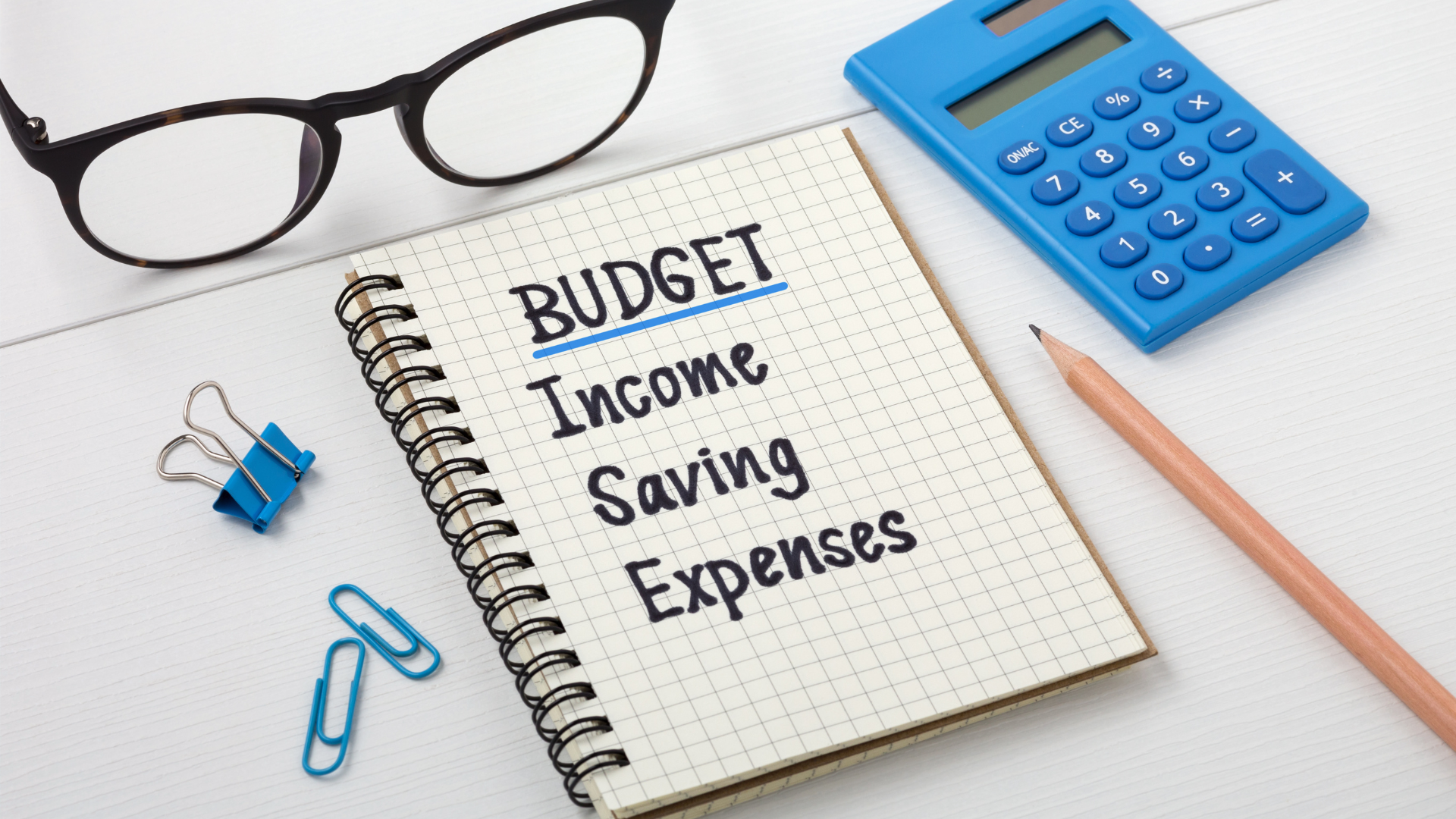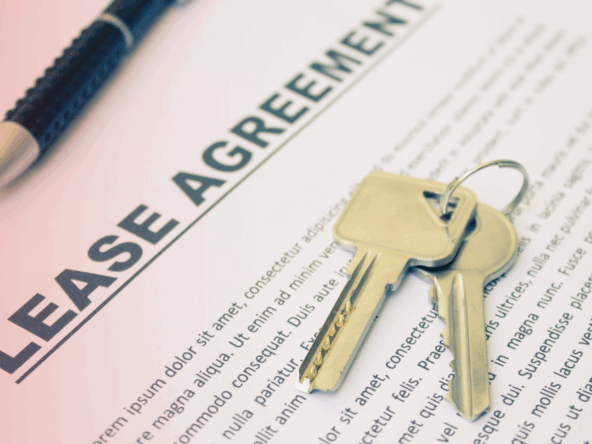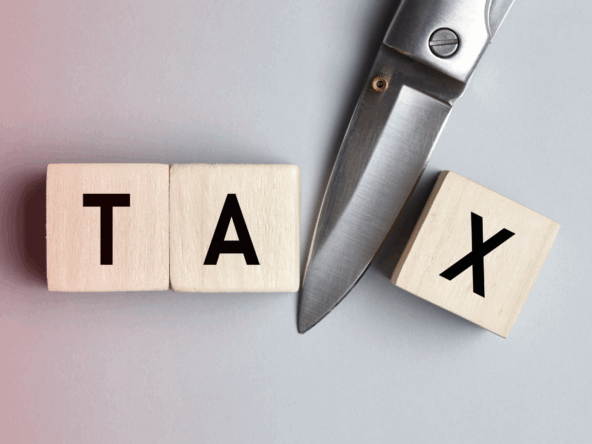Managing your finances effectively is essential to ensure you can comfortably cover your rent and living expenses. A property manager Cambridge or property manager Hamilton can also help you with budgeting tips specific to your area. Smart budgeting helps you track your income and outgoings, avoid debt, and save for future goals.
1. Create a Monthly Budget
Plan Your Finances
Start by creating a detailed monthly budget. List all your sources of income and all your expenses, including rent, utilities, groceries, transportation, and entertainment. Having a clear overview of your finances helps you understand where your money is going and where you can cut back if necessary.
2. Prioritise Rent and Essential Bills
Cover the Basics First
Ensure that your rent and essential bills, such as utilities and insurance, are your top priorities. Set aside the money for these expenses as soon as you receive your income. This ensures you always have enough to cover your essential living costs.
3. Track Your Spending
Monitor Your Expenses
Keep track of your daily spending to identify where your money is going. Use budgeting apps, spreadsheets, or a simple notebook to record your expenses. This helps you stay within your budget and avoid unnecessary purchases.
4. Save for Emergencies
Be Prepared
Set up an emergency fund to cover unexpected expenses such as medical bills, car repairs, or sudden job loss. Aim to save at least three to six months’ worth of living expenses. Having an emergency fund provides financial security and peace of mind.
5. Cut Unnecessary Expenses
Spend Wisely
Review your budget to identify areas where you can cut back. Consider reducing discretionary spending on dining out, entertainment, and subscriptions. Small savings can add up over time and help you stay within your budget.
6. Use Public Transport or Carpool
Save on Transportation
Transportation can be a significant expense. Consider using public transport, carpooling, or biking to save money. These options are often cheaper than owning and maintaining a car.
7. Shop Smart for Groceries
Maximise Your Food Budget
Plan your meals and make a shopping list to avoid impulse purchases. Buy in bulk, take advantage of sales, and use coupons to save money on groceries. Cooking at home is usually cheaper and healthier than eating out.
8. Negotiate Bills and Contracts
Lower Your Costs
Don’t be afraid to negotiate your bills and contracts. This includes your phone, internet, and insurance. Shop around for the best deals and ask your current providers for discounts or better rates.
9. Utilise Free and Low-Cost Activities
Enjoy on a Budget
Look for free or low-cost activities and entertainment options in your area. Community events, parks, libraries, and museums often offer affordable or free ways to enjoy your leisure time without breaking the bank.
10. Set Financial Goals
Stay Motivated
Set short-term and long-term financial goals to stay motivated. Whether it’s saving for a holiday, paying off debt, or building a retirement fund, having clear goals helps you stay focused and disciplined with your budget.
By following these smart budgeting tips, tenants can effectively manage their rent and living expenses.
A well-planned budget not only helps you cover your essential costs but also allows you to save and enjoy life without financial stress. Happy budgeting!




